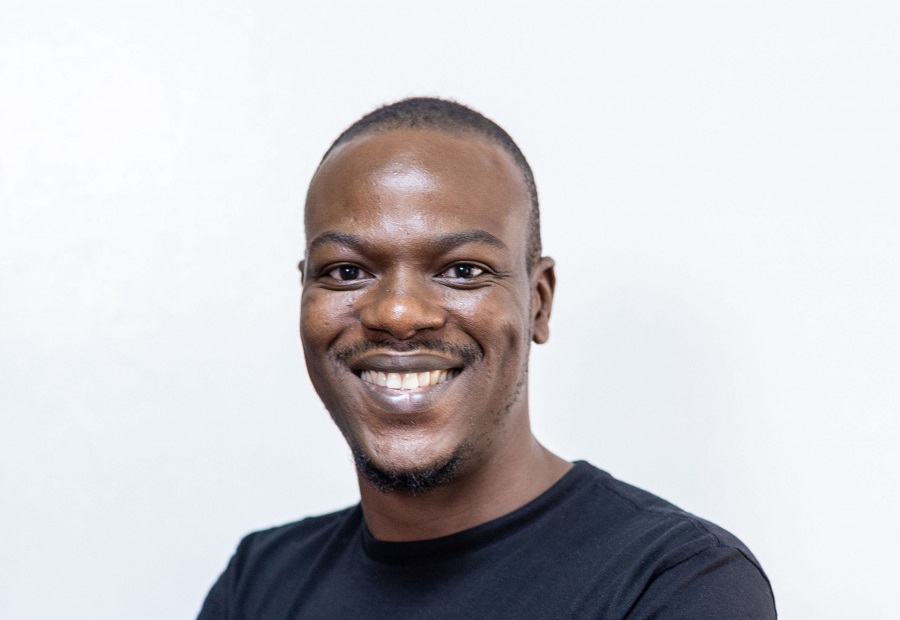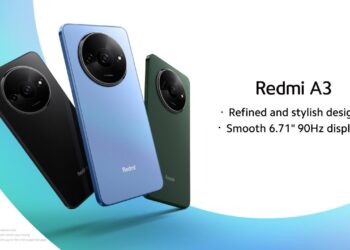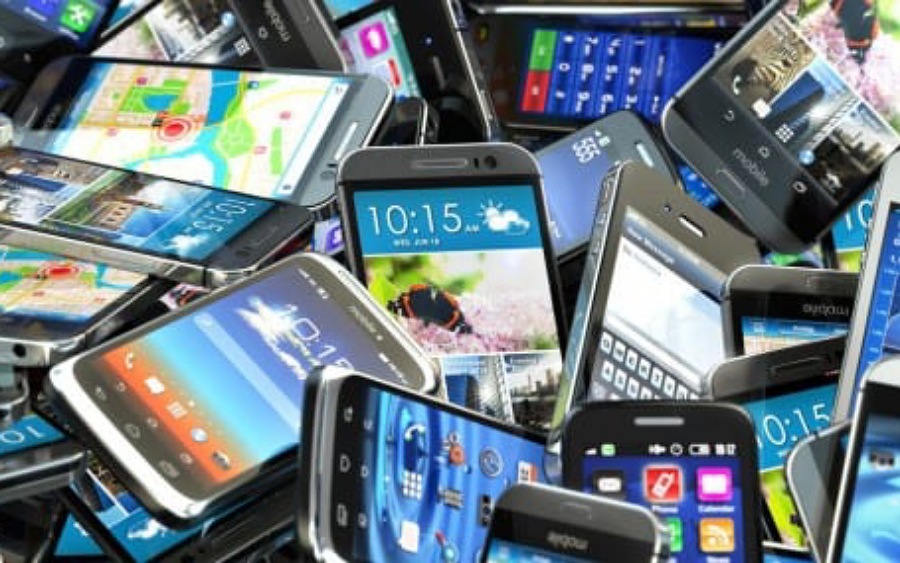From spearheading the remarkable growth of Safeboda, a ride-hailing platform in Oyo State, Nigeria, to now leading the expansion of tech company, M-KOPA, into the Nigerian market as General Manager, Babajide Duroshola is again demonstrating his knack for progression in the fintech space.
Remarkably before leaving Safeboda, the ride-hailing platform had onboarded 5,000 drivers and completed more than 1.5 million rides in a full year of operation.
In this interview with Nairametrics, Duroshola takes us through the basic operation of M-KOPA, strategies for scaling and challenges faced in the course of executing his duties.
M-Kopa predominantly has presence in East Africa. Coming to West Africa, some Nigerian don’t know what M-KOPA is about. What is the company really about?
M-Kopa allows people who don’t have the capacity to own something to own it. This means it gives people the power to grow. Most people think we are a solar company – though we started as a solar company – but it’s more than that. It’s a company that provides connected service financing to its customers; we finance mobile phones, solar products, and all that encompass under-connected finance. We call it ‘pay as you go’ service; the tag line is ‘own now now, pay small small’ and it resonates with the people in our consumer segment that use our service and product.
Based on this product offering, what was basically the vision around M-KOPA and what strategies are you trying to use to penetrate East and West Africa?
When people ask me about M-KOPA, I tell them M-KOPA is first, a technology company, and then a finance company, before anything else. Technology is the centre of everything we do, it’s like what makes us stand out and then the financing comes into play.
Our strategy was driven by the need to get people to be able to get things that seem out of their reach. Looking at the dwindling income level versus inflation as well as the FX rate, people still need to be connected to the internet. For us, it’s about getting the everyday people connected and moving away from a 2G device to a 4G devise without having them break banks or not eating for the rest of the year for purchasing a smartphone. That was the idea, for everyday people to buy everyday products and use those things while they have the power to own them today and pay tomorrow. That’s what our financing pay as you go platform was built for.
We found out that according to a report, Nigeria sells about 12 million smartphones every year, so the focus is about giving people the power to own a new 4G devise. The average cost of a 4G smartphone is 75,000. But not so many average Nigerians can put out that amount when the minimum wage is 30,000.
Psychologically, typical Nigerians don’t like to buy things on credit, how do you convince people that it’s a smart business?
Culturally, there is always been a shame around taking loans, but what is happening now is, people are now faced with their reality and the reality is that income is dwindling. An average Nigerian spends 56% of their income on food, what goes to the other things is barely enough to cater for other things.
As part of our selling pitch, we make it easy for an ordinary man to acquire devices by breaking down the price into unit daily costs.
In terms of due diligence in giving credit, what are the basic things you consider? How do you guarantee that consumers pay?
For us, it’s about the everyday people, the everyday people we are looking at is that guy on the street, the bean seller, the vulcanizer, etc, and the focus is how to finance for people like that who have no credit scoring.
Our loss rate is not high, they are not the best but they are not high. What we do is that, for on-boarding, what the person needs to do is to have a valid ID card like the NIN or voters’ card, and they are able to pay the deposit and the product becomes theirs.
Because we have a very strong partnership with the OEM, we have the capacity to block the device if customers fail to pay, that is what ensures that the money gets paid. It’s a lot easier to control losses because you know that if they don’t pay, the phone gets locked.
What tactics do you use to sell phones to people?
We use selling agents that know these people, they almost have the same reality. You can only use people to build trust and so the agent is who they trust and see like an everyday person the customers meet and relate with.
What’s the most challenging part of the job?
The most challenging part of the job is the constant economic change. When I took this role, the black-market exchange rate was N475 but today, it is over 500. Think about what has had to change, like how we constantly had to adjust plans to be able to meet the changing environmental landscape.
What’s your long-term target for M-KOPA?
I can’t wait to hit the 100k smartphone sale target. I remember when the 25,000 target was met, it was very nice. From January to July/August, we had sold 25,000 smartphones and year to date, we are like 35,000 smartphones. So, the growth has been exponential in the last few months because the team is coming together and improving ourselves. For me, the holy grail is if we are financing 1 million smartphones a year; if Nigeria is selling 12 million smartphones yearly, I would like M-Kopa to have 10% of that share.


















